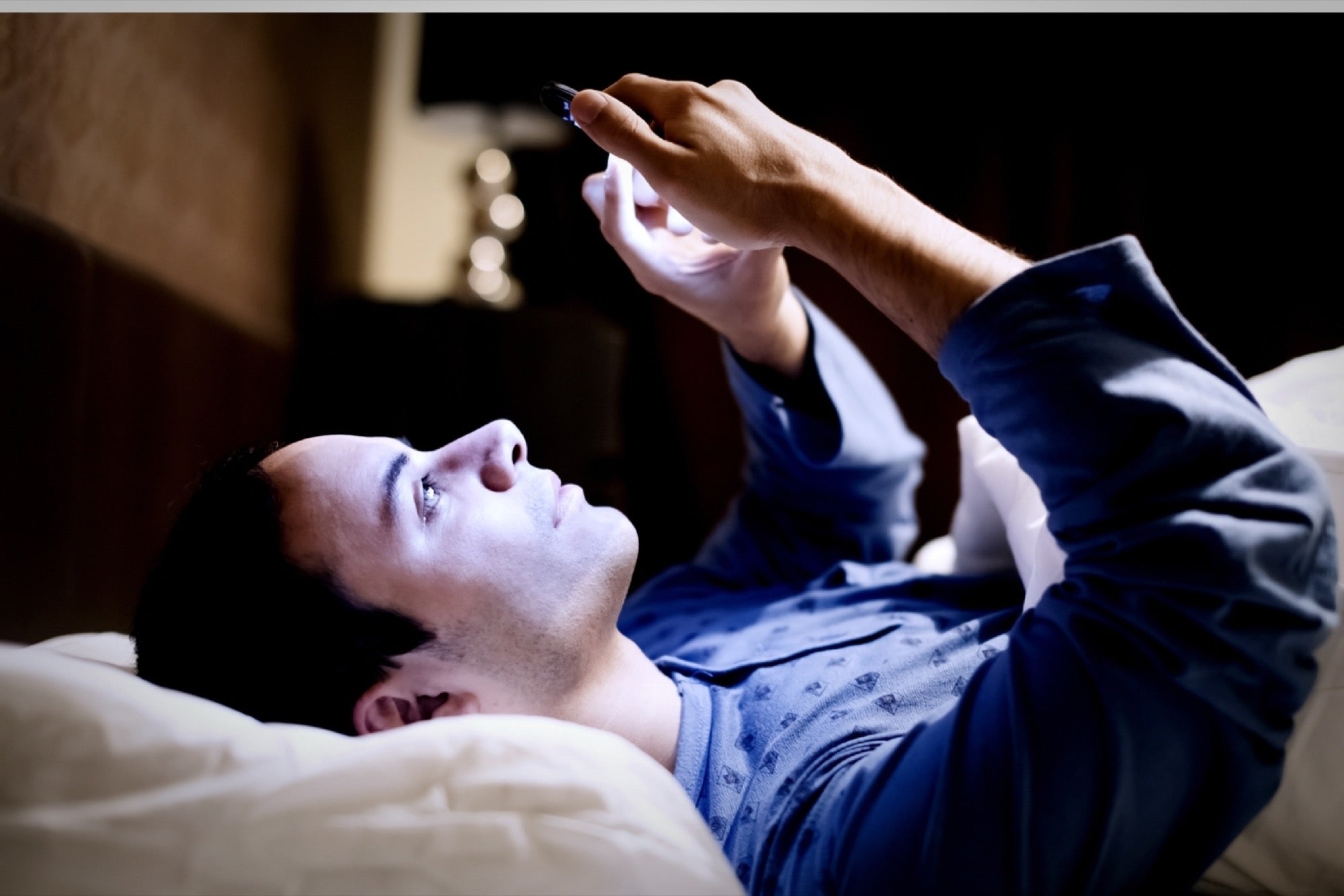Staying Up Late and Sleeping In on the Weekends Is Bad for Your HealthThere's no such thing as 'catching up on sleep.'
ByRose Leadem•
Opinions expressed by Entrepreneur contributors are their own.

When the weekend rolls around, many of us can admit to staying up later andsleepingin longer than usual. Because hey, that's what weekends are for, right?
Turns out,you might want to think twice before turning into a night owl on the weekends. If you've got a regular sleep schedule during the workweek and you mix it up on the weekends, you may be jeopardizing yourhealth.
Related:11 Unexpected Things That Are Stealing Your Sleep
Arecent studyby researchers at the University of Arizona found that shifting your sleep habits over the weekend could pose great risks to your health. By analyzing 984 adults, ages 22 to 60, and asking about their sleep patterns, the researchers found a link between shifting sleep patterns and heart disease, depression and other health conditions.
Using the term "social jetlag" to describe the time difference between when your body wants to sleep and when you actually go to sleep, the researchers found that it's not only the amount of sleep that matters, but also the consistency. "These results indicate that sleep regularity, beyond sleep duration alone, plays a significant role in our health,"saidSierra Forbush, a research assistant at the University of Arizona.
So, how do you know if you're experiencing social jetlag? For the study, researchers found the midpoint between when participants fell asleep and when they woke up -- both on weekends and weekdays -- and calculated the difference between them. So, if you typically go to sleep at 11 p.m. and wake up at 7 a.m. during the week, and at 1 a.m. and 9 a.m. over the weekend, that's two hours of social jetlag. So, "catching up on sleep" over the weekend is, in fact, not the best idea.
Related:12 Habits to Dramatically Improve Your Sleep
"With social jetlag, you are more likely to have heart disease, to feel fatigued, to feel tired and to have a worse mood," Forbush said. The study revealed that for every hour of social jetlag weekly, a person's likelihood of suffering from heart disease increases by a whopping 11 percent. Not only that, but participants who recorded one hour of social jetlag were 22 percent more likely to rate their health as good, but not excellent, and 28 percent were more likely to describe it as poor or fair.










